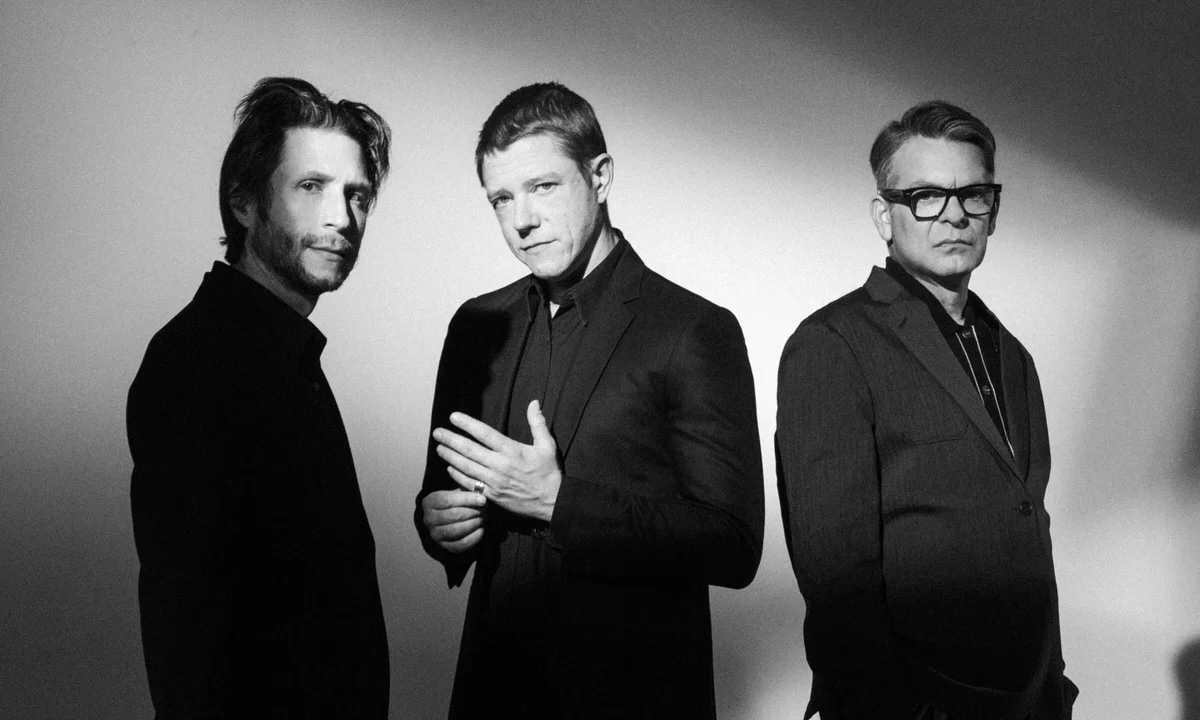
Interpol, short for the International Criminal Police Organization, is the world's largest international police organization. Founded in 1923, it helps coordinate efforts between police forces in different countries to combat crime. With 195 member countries, Interpol facilitates cooperation in tackling issues like terrorism, human trafficking, drug smuggling, and cybercrime. Its headquarters, known as the General Secretariat, is located in Lyon, France. Interpol operates a secure global police communications system called I-24/7, which allows member countries to share information in real-time. The organization also issues "Red Notices", which are requests to locate and provisionally arrest individuals pending extradition. Interpol's work is crucial in making the world a safer place by promoting international collaboration and sharing vital information.
What is Interpol?
Interpol, short for the International Criminal Police Organization, is a global network that helps police from different countries work together. It’s like a giant team of detectives from around the world.
-
Interpol was founded in 1923 – It started in Vienna, Austria, to help countries cooperate in solving crimes.
-
Headquarters in Lyon, France – Since 1989, Interpol's main office has been in Lyon, a city in France.
-
194 member countries – Almost every country in the world is a member, making it one of the largest international organizations.
-
Not a police force – Interpol doesn’t arrest people. Instead, it helps police from different countries share information and work together.
How Interpol Works
Interpol uses advanced technology and a vast network to help solve crimes. Here’s how they do it.
-
Databases – Interpol has huge databases of fingerprints, DNA, and stolen items that police can access.
-
Red Notices – These are requests to locate and arrest a person wanted by a member country, pending extradition.
-
24/7 support – Interpol operates around the clock to assist police forces worldwide.
-
Training programs – They offer training to police officers to improve their skills in fighting crime.
Types of Crimes Interpol Handles
Interpol deals with a wide range of crimes, from terrorism to human trafficking.
-
Terrorism – They help track and prevent terrorist activities across borders.
-
Human trafficking – Interpol works to rescue victims and catch traffickers.
-
Cybercrime – They fight online crimes like hacking and fraud.
-
Drug trafficking – Interpol helps stop the illegal drug trade.
-
Environmental crime – They also tackle crimes against nature, like illegal logging and wildlife trafficking.
Interpol's Special Units
Interpol has special units that focus on different types of crimes.
-
Child Exploitation – This unit works to protect children from abuse and exploitation.
-
Fugitive Investigations – They track down criminals who are on the run.
-
Financial Crimes – This unit deals with money laundering and fraud.
-
Counterfeit Currency – They work to stop the spread of fake money.
Interpol's Global Impact
Interpol’s work has a significant impact on global security and justice.
-
Operation Infra – This operation targets fugitives hiding in different countries.
-
Project Stadia – Helps secure major sporting events from potential threats.
-
Purple Notices – These are used to seek or provide information on modus operandi, objects, devices, or concealment methods used by criminals.
-
Yellow Notices – These help locate missing persons, often minors, or to help identify persons who are unable to identify themselves.
Fun Facts About Interpol
Here are some interesting tidbits about this global organization.
-
Interpol in pop culture – Interpol has been featured in movies, TV shows, and books, often depicted as a mysterious and powerful organization.
-
Interpol's first president – Johann Schober, an Austrian police official, was the first president of Interpol.
-
Interpol's motto – Their motto is "Connecting police for a safer world."
-
Interpol's logo – The logo features a globe, a sword, and scales of justice, symbolizing their global reach and commitment to justice.
-
Annual budget – Interpol’s budget is funded by member countries and is around 142 million euros.
-
Interpol's General Assembly – This is their main decision-making body, which meets once a year to discuss and plan their activities.
Final Thoughts on Interpol
Interpol, the world's largest international police organization, plays a crucial role in global law enforcement. With 195 member countries, it facilitates cooperation and information sharing to combat crime across borders. Founded in 1923, Interpol has evolved to address modern challenges like cybercrime, terrorism, and human trafficking. Its databases, accessible to member countries, contain millions of records on criminals, stolen property, and missing persons.
The organization's Red Notices help track and apprehend fugitives worldwide. Interpol's commitment to neutrality ensures it operates without political interference, focusing solely on crime prevention and justice. Its initiatives, like the I-24/7 communication system, enhance real-time collaboration among police forces globally.
Understanding Interpol's mission and operations highlights its importance in maintaining international security. As crime becomes more sophisticated, Interpol's role in fostering global cooperation remains indispensable.
Was this page helpful?
Our commitment to delivering trustworthy and engaging content is at the heart of what we do. Each fact on our site is contributed by real users like you, bringing a wealth of diverse insights and information. To ensure the highest standards of accuracy and reliability, our dedicated editors meticulously review each submission. This process guarantees that the facts we share are not only fascinating but also credible. Trust in our commitment to quality and authenticity as you explore and learn with us.
